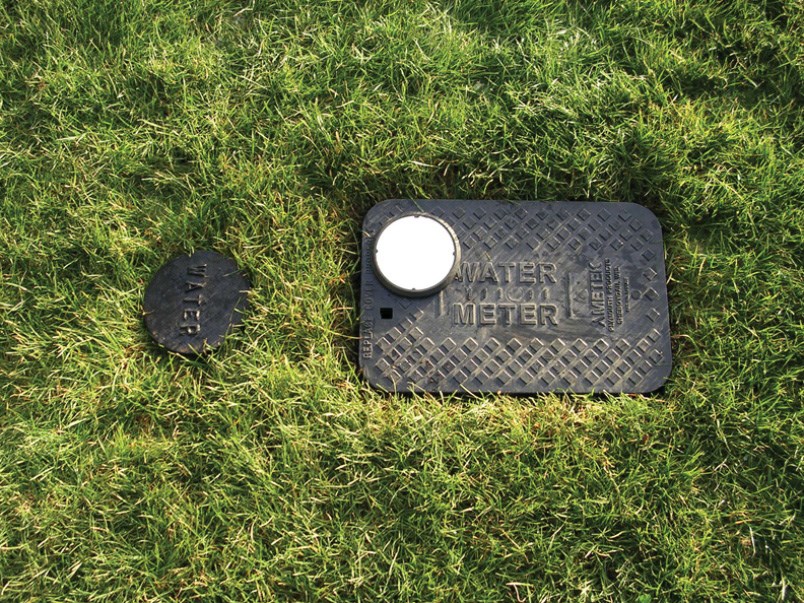Meters, wells and a long-term fix to the water crisis should be the priorities for the Sunshine Coast Regional District (SCRD), reservoirs should be dropped from the list, and all of it needs to happen faster – that’s what members of the Sechelt Chamber of Commerce told SCRD directors last Thursday.
“The unseasonal rains in August and September meant no Stage 4 restrictions were needed – but let’s be clear, we dodged a bullet. With the effects of climate change accelerating and our inadequate infrastructure, implementing new water infrastructure projects now is imperative,” stated a letter read by Chamber director Graham Moore at the SCRD’s Sept. 19 infrastructure committee meeting. “For most, water is the biggest issue they face.”
The Chamber was invited to speak at the meeting after they sent a letter to the SCRD in June on the issue.
During his presentation, Moore gave the SCRD a few suggestions. To solve the problem, water meters should be installed in Sechelt and the proposed well field in Granthams Landing should be prioritized and funded with reserves and short-term borrowing, “so these priorities can be started immediately.”
Another solution the SCRD has been pursuing but which Moore said should be abandoned is the construction of water reservoirs.
“It seems that reservoirs are extremely costly and, by definition, have a limited supply capability. We recommend that the regional district not proceed with what is, in essence, a stop-gap measure,” said the letter.
Both the Granthams wells and Sechelt water meters, on the other hand, could be completed in a year, said Moore, who based his information on an SCRD staff report for the meeting that stated the wells could be commissioned by 2020.
But that was revealed to be a typographical error early into Moore’s presentation. Instead, the estimated year the wells could go online remains 2022.
Following the meeting, Moore told Coast Reporter, “A crisis needs a crisis response; three years is just business as usual.”
Another priority, according to the Chamber, should be a feasibility study to look at long-term solutions, with a referendum held in 2020 to cover costs.
According to their estimates, a $50-million project could be affordable for the taxpayer, even without factoring in grants and development cost charges (DCCs).
Following their presentation, staff reviewed the different means of paying for the projects underway, which include water meters, groundwater investigations and reservoirs. The report indicated that “it is a virtual certainty” that long-term borrowing would be used, and that parcel tax revenues “will undoubtedly need to increase” to service that debt and the cost of the infrastructure.
In May, directors had voted to hold an alternative approval process to get the required permission for a long-term loan to pay for both the Sechelt meters and the Granthams well and for the water meters to be incorporated into the 2020 budget.
When asked whether the SCRD would consider foregoing an AAP for both projects and instead relying on short-term borrowing and reserves as suggested by the Chamber, SCRD chair Lori Pratt told Coast Reporter, “We’re wrapping our head around moving those things forward,” and the projects will be “coming up through the budget process this fall.”
“We’ve got a lot of very expensive infrastructure projects we have to bring forward and we need to do that with the taxpayer in mind and all of our constituents in mind, and water is not cheap,” Pratt said.
“We’re moving as quickly as we can on everything. We have to make sure our due diligence is done.”



